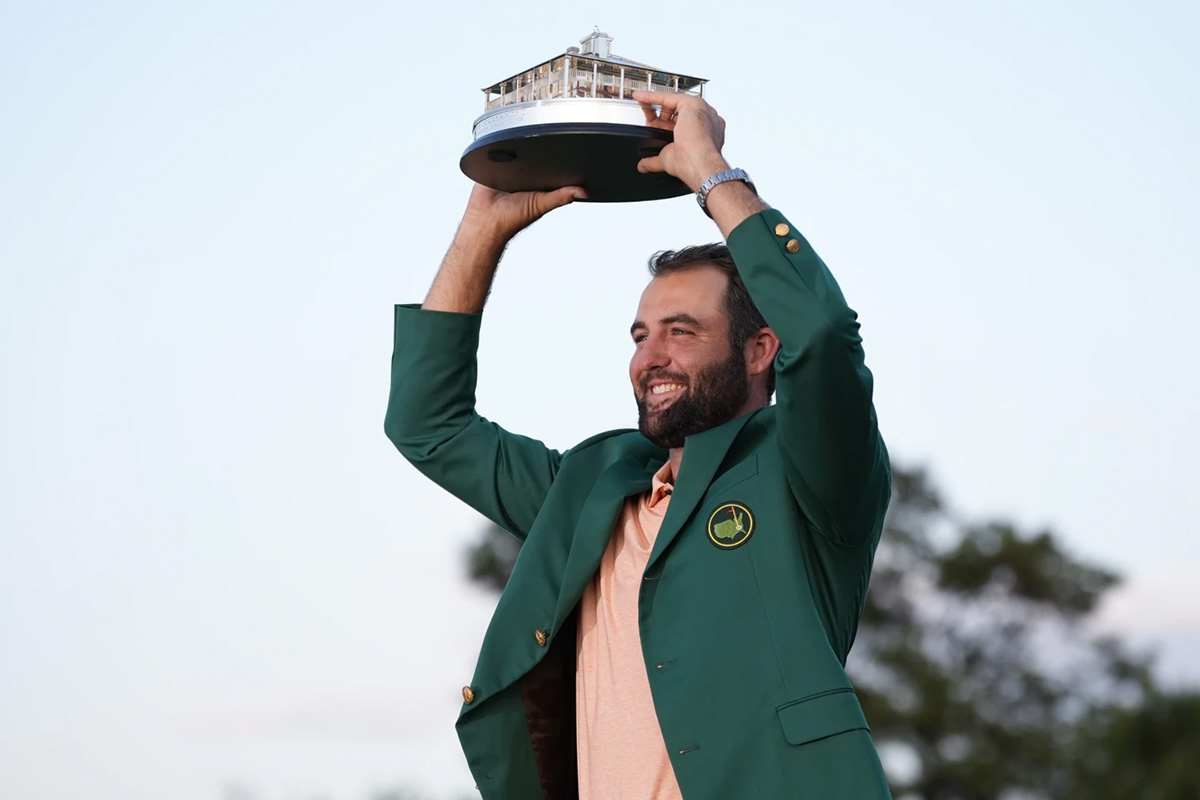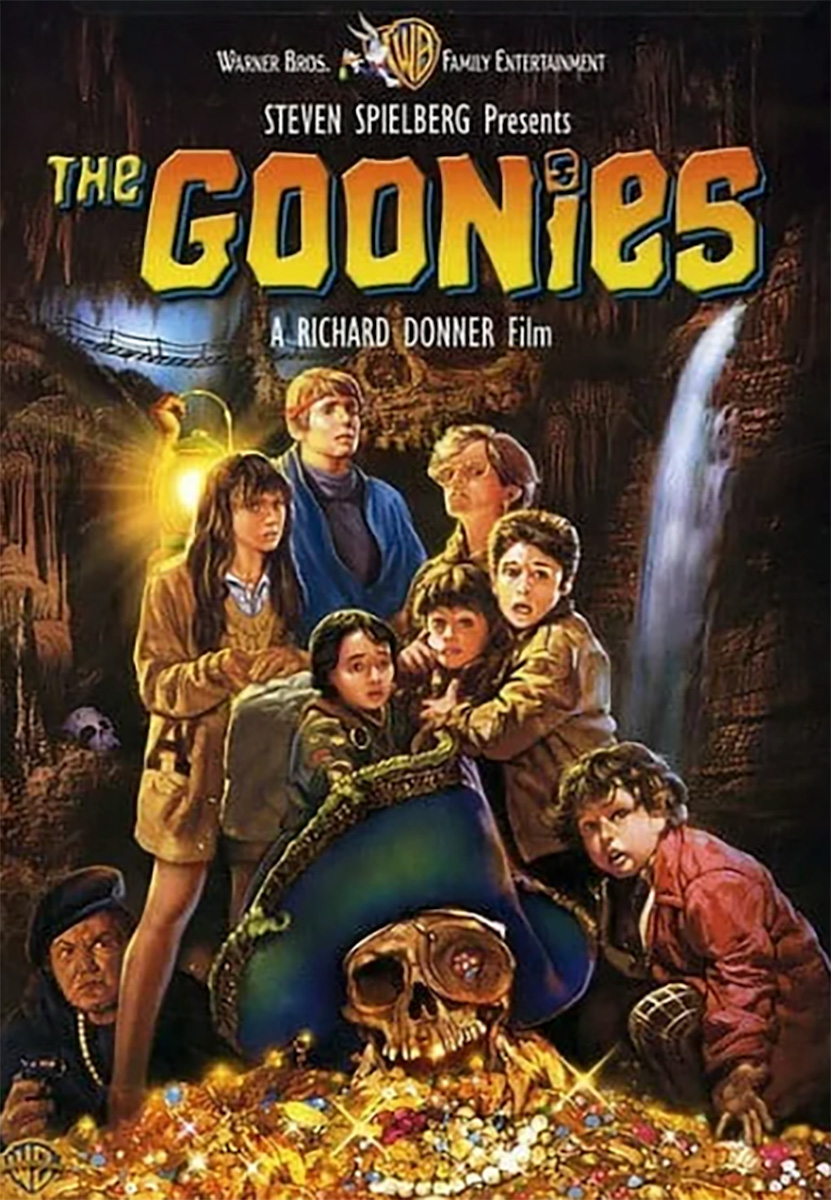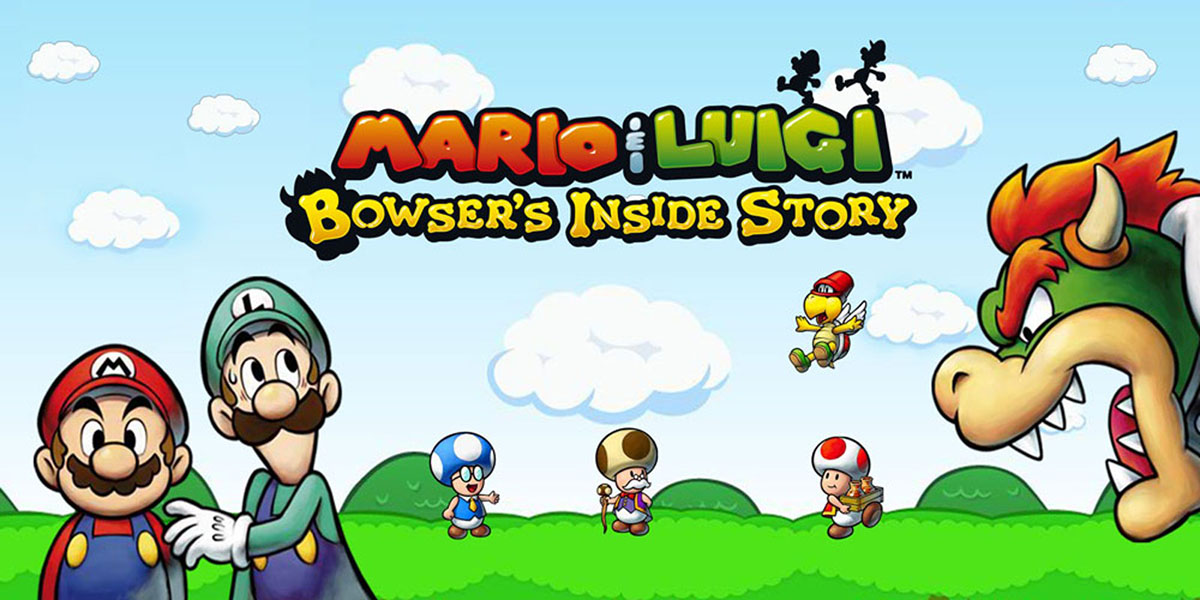 David Taintor
David TaintorAs president of The V-Day Campaign on campus to stop violence against women and girls, you might consider me biased toward The Vagina Monologues. I would encourage you to read this article and give me a chance to explain where I have come from before you make that judgment.
I was brought up in two conservative households. I grew up knowing I had a vagina, but the definition of the word was obsolete. I was not allowed to talk about “down there” in front of anyone. It was not until I came to college that I realized what a vagina was and what it truly meant to have one.
I was sitting in my Introduction to Women’s Studies class freshman year in 2004. The topic of the week was sexual assault. During a group discussion from behind me, a student raised her hand and began to discuss her experience. She told us that her neighbor had touched her vagina.
As she told her story my eyes began to water and my chest began to tighten. I began to see images in my head I didn’t understand. I saw my stepbrothers on top of me, and I could see them shoving something inside me. Not knowing what was happening I ran out of the classroom. Class ended and I was sitting in the hallway crying, trying to piece together what I had just seen. It turns out that the flashes I had seen that day were real. My two stepbrothers raped me at the age of five, and I had hidden it deep in my mind.
At that moment I began to realize I would need to be comfortable saying the word vagina. My vagina was raped, my vagina was hurt, my vagina was still hurting and my vagina was struggling to forgive. As I went from never using the word to loving the word, there was a community on campus that helped me understand what I had gone through. They showed me “that word” was a wonderful one.
A few years passed and The VDAY Campaign became an organization on campus and I was elected president. Because of my position I was asked to attend The VDAY 10th celebration in New Orleans, celebrating 10 years of stopping violence against women. In April 2006, I stood in the New Orleans Superdome and saw firsthand the wounds from Hurricane Katrina. I stood front and center and watched Eve Ensler, author of The Vagina Monologues and creator of The VDAY Campaign, tell us that our presence had raised over $50 million to stop violence against women.
On the last night of my trip I attended a celebrity performance of The Vagina Monologues. Women and men alike packed the Superdome; not a seat was empty. At the end of the night Ensler concluded the show as she had done in the past.
“I did not ask for my father to rape me, but he did. One in every four women will be the victim of sexual assault or rape. I ask if you have ever been the victim of rape or sexual assault, please stand so we can applaud you and embrace you.”
I stood without hesitation, now being able to embrace what had happened to me. As I stood, Eve and I became aware that we were not alone. In fact, as I began to look around, every other woman was standing. Every other woman in the New Orleans Superdome, which holds 69,703 people, had experienced sexual assault or rape!
So I ask you, as The Vagina Monologues are approaching, to look at the woman sitting next to you right now. She has a 25 percent chance of being a victim of sexual assault or rape. Think of your mother, your grandmother, your daughter and your sister. Statistically one of them will be sexually assaulted or raped. In 2006, the youngest woman raped in the Congo was 18 months old.
By attending or volunteering for The Vagina Monologues, you help stop violence against women. You stand up to the world and announce that you will not tolerate violence any longer. This show acknowledges that every day women are assaulted, and their pride is taken from their heart and their vagina.
I didn’t understand the word vagina; I hated the way it sounded and I didn’t understand why anyone would say it. Now I say it every day. You don’t ever have to say the word vagina, but please do not condemn others for saying the word.
Do not condemn a show that proudly asks us all to “stop the violence against women, stop raping our greatest resource!”
Hormig is a senior English education major, president of the V-Day Campaign of UW-Eau Claire and guest columnist for The Spectator.






